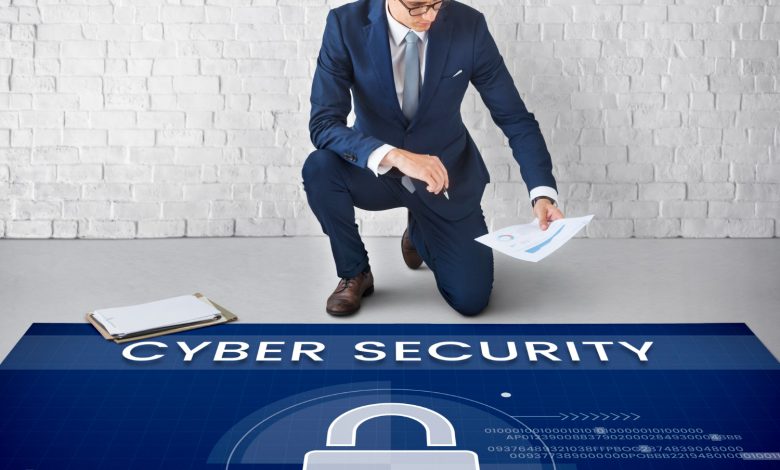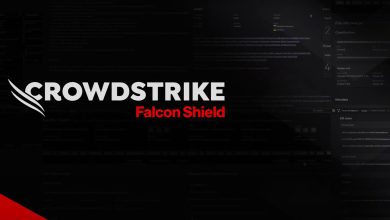The Power of Peace of Mind: MDR as a Safety Net for Stressed Security Teams

Gone are the days when only mega-corporations were on the radar of cybercriminals. While the potential for a bigger payout might seem to favour large organisations, today small- and medium-sized businesses are increasingly finding themselves in the crosshairs of cyber attacks.
This highlights a crucial point: Vulnerability, not size, is the key factor. Thus, it is critical for companies of all sizes to secure their digital assets from malicious actors.
Alarmingly, this ongoing pressure to fortify defences is taking a toll on cybersecurity teams. Our 2024 ‘Future of Cybersecurity in APJ‘ report reveals that a staggering 90% of cybersecurity and IT professionals in Malaysia are battling burnout and fatigue.

This high burnout rate is hardly surprising. Cybersecurity professionals operate in a high-stress environment and are expected to provide round-the-clock protection against numerous threats. They also must deal with:
- High workloads. The volume of threats and alerts that cybersecurity teams manage can be overwhelming, leading to long hours and high stress.
- Alert fatigue. Not all security alerts are a legitimate cause of concern as many are just false alarms. Nevertheless, there’s a need to respond to each one, potentially causing cybersecurity professionals to be desensitised. When this happens, critical alerts might be missed or ignored.
- Resource scarcity. A lack of sufficient resources, including staffing and technological tools, can increase the pressure on cybersecurity professionals to perform beyond their capacity. This scarcity of resources only exacerbates the pronounced talent gap in the field, particularly in Malaysia, where there’s a shortfall of more than 27,000 cybersecurity professionals, according to Communications and Digital Minister Fahmi Fadzil.
- Extended hours. Cybersecurity is an “always-on” profession that requires professionals to work even outside of normal business hours. These long hours contribute to fatigue and poor work-life balance, often leading to burnout.
- Unrealistic expectations. There can be a mismatch between what is expected of cybersecurity teams and what they can feasibly achieve, or a disconnect between expectations and resources provided. Either way, this difference can lead to frustration and a sense of inadequacy.
Burnout isn’t just a personnel issue – it can pose a significant risk to your organisation’s security posture. It tends to reduce due diligence on the part of cybersecurity professionals and slows down their response time to cyber incidents. It also causes heightened anxiety, compromising the overall well-being of cybersecurity professionals and increasing their cynicism. More than 25% of cybersecurity professionals have even resigned because of it, further worsening the skills gap.
All this underscores the wisdom of deploying Managed Detection and Response, or MDR. MDR combines security technologies with human expertise to rapidly identify, remediate, and limit the impact of threats. It is more than a service; it is a strategic defence mechanism that safeguards an organisation’s digital assets and protects the well-being of its cybersecurity teams. Specifically, an MDR provides:
- Continuous monitoring. MDR analysts provide round-the-clock surveillance of network activity, ensuring that threats are identified in real-time and remediation processes are triggered immediately.
- Advanced threat hunting. These human cybersecurity experts proactively search for hidden threats that evade traditional detection methods, ensuring that nothing slips through the cracks.
- Incident response. In the event of a breach, MDR analysts can leverage available technologies to immediately contain and remediate the threat.
Think of an MDR as an extension of your cybersecurity team, providing them with the advanced tools needed to comprehensively safeguard your organisation’s digital assets. It is also a safety net that gives cybersecurity teams breathing room without compromising the quality of protection being provided. With it, teams won’t have to face the daunting challenge of cybersecurity all on their own. It becomes a shared responsibility, reducing those high workloads, easing alert fatigue, and allowing cybersecurity teams to clock out at the end of the day with confidence because MDR is there to take point.
Sophos provides this safety net in the form of Sophos MDR, and with it, helps those employees responsible for cybersecurity to reclaim their well-being. With Sophos MDR, our experts detect and respond to cyber attacks around the clock, neutralising suspicious activities before damage is done—freeing security teams to focus on business enablement and other value-adding work, and still get some well-deserved downtime.
Indeed, cybersecurity is a daunting challenge that can compromise people’s well-being. But it doesn’t have to be. Sophos MDR ensures that by providing the peace of mind organisations want.
Click HERE to learn more about Sophos MDR.

About Aaron Bugal
Aaron Bugal is the Field Chief Technology Officer (CTO) for Sophos. Aaron has been with Sophos for over 12 years, and during that time he has helped partners and their customers build effective security programmes and defences. Acting as a specialist for Sophos Endpoint Security products exclusively within the APJ region, Aaron enjoys educating anyone who wants to listen on the joys of defending against the latest threats.




